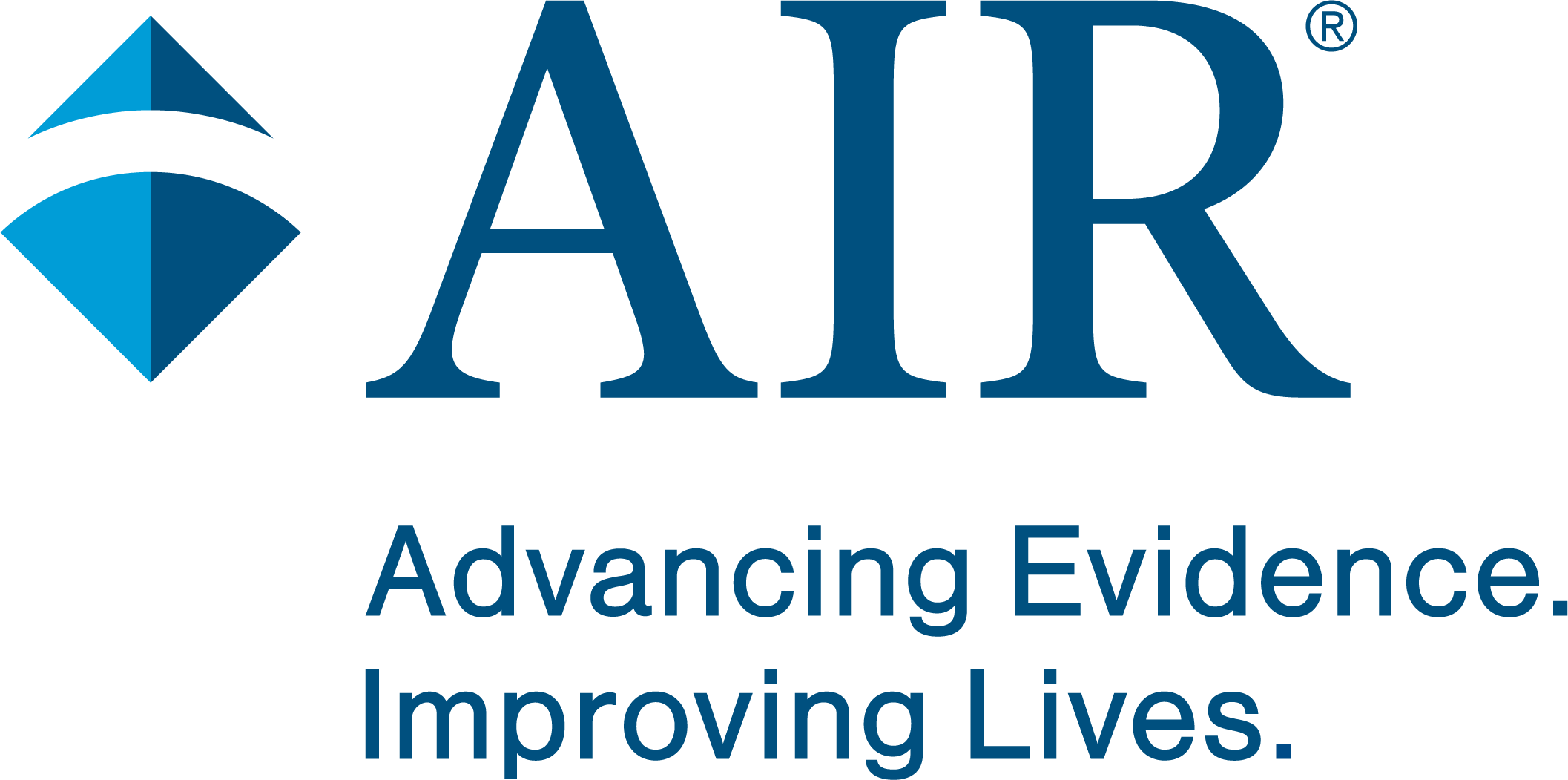About
About the Career and Technical Education Research Network
Approximately 7.5 million secondary and 3.5 million postsecondary students are enrolled in career and technical education (CTE), which is supported by roughly $1.3 billion in federal and state investments. CTE prepares students with academic knowledge and technical and employability skills for credentials and careers. CTE also serves as an opportunity to strengthen the connection and coherence among K–12 education, postsecondary education, and workforce development efforts. However, more rigorous research—studies designed to show a causal impact—is needed to understand the effects of CTE programming on student outcomes. To expand the evidence base, the CTE Research Network works to conduct and promote the use of high‑quality studies examining the impact of CTE.
Our Primary Areas of Focus
Research
Increase the number of studies examining the impact of CTE policies, programs, and practices on student outcomes
Training
Strengthen the capacity of researchers and practitioners to conduct, use, and share rigorous and causal CTE research
Coordination
Improve coherence among CTE research projects, identify new research priorities, and share strategies to address research challenges
Dissemination
Engage stakeholders in network activities and share findings to inform efforts to improve CTE programs and student outcomes
Network Lead
The American Institutes for Research® (AIR®) and its partners—the Association for Career and Technical Education® (ACTE®), JFF, and Boston College—serve as the CTE Research Network Lead. The Network Lead provides network administration and coordination as well as research, training, and dissemination to increase the number and quality of CTE impact evaluations and strengthen the field’s research capacity.
American Institutes for Research
Established in 1946, with headquarters in Arlington, Virginia, AIR is a nonpartisan, not-for-profit organization that conducts behavioral and social science research and delivers technical assistance to solve some of the most urgent challenges in the U.S. and around the world. Learn more

Association for Career and Technical Education
ACTE is the nation’s largest not-for-profit association empowering educators to deliver high-quality CTE programs that ensure all students are positioned for career success. For more than 90 years, ACTE has provided CTE professionals with advocacy, public awareness, and access to resources, professional development, and leadership opportunities. Learn more

JFF
JFF is a national nonprofit that drives change in the American workforce and education systems to create access to economic advancement for all. For 35 years, JFF has led the way in designing innovative and scalable solutions that create access to economic advancement for all. JFF is building a future that works. Learn more

Boston College
Boston College, founded in 1863 and the first institution of higher education to operate in the city of Boston, is today among the nation’s foremost universities, a leader in the liberal arts, scientific inquiry, and student formation. Learn more

Network Lead Team
Network Members
The CTE Research Network brings together IES-funded research teams focused on measuring the impact of CTE programs on student outcomes. As network members, the research teams participate in collaborative activities to share findings, strengthen their research, and learn from one another. The network consists of six research teams.









